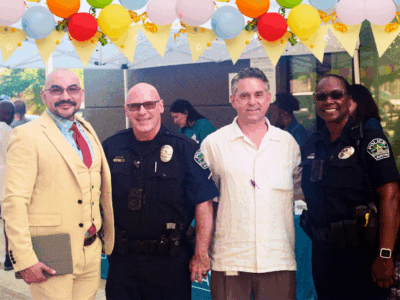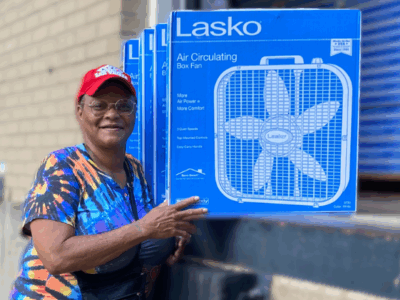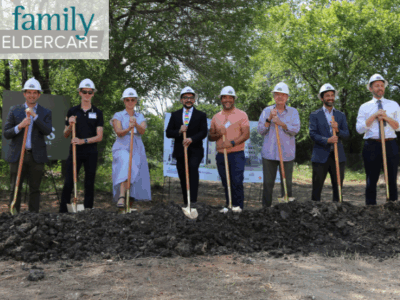Part Three of Family Eldercare’s Series on Navigating Racial Trauma
Witnessing or experiencing violence and discrimination can generate racial trauma across all age groups within the Black community. Exposure to stories and lived experiences involving racial profiling, police brutality, harassment, and criminalization can be overwhelmingly disturbing and evoke mental and emotional responses that often go overlooked and untreated.
Have you ever found yourself feeling numb, experiencing flashbacks, or confronting extreme emotions? If so, you may be experiencing symptoms of racial trauma.
Seeking mental health support after experiencing racial trauma is highly encouraged. Yet, accessing the help you need can be challenging due to barriers such as cost, lack of insurance coverage, finding the right therapist, and stigmas associated with mental health services.
Here are some alternative ways you can cope with symptoms that may arise from first or secondhand exposure to racial trauma:
Individual
- Acknowledge your feelings: It is okay to express how you feel. Affirm the reality of the pain, frustration, and sadness you feel for yourself, family, and community. You can write in a journal or pick up the phone and call someone you trust.
- If you are feeling numb, anxious, or fatigued, try to limit viewing any disturbing images or videos you may come across on social media or in the news.
- Find ways to manage the stress and exhaustion you feel. Deep breathing, meditation, dancing, singing, listening to music, creating art, and pampering yourself are all things you can do to cope and relieve stress.
Community
- Find spaces where you can address any grief or rage that you feel. This can be through support or advocacy groups, community organizing, or gathering with friends and family.
- Embrace the strength and power of community. Surround yourself with reminders of the beauty, value, and uniqueness your identity carries.
- Engage in meaningful practices such as praying or other faith-based activities, cooking or sharing a meal that celebrates your heritage, or attending social events and festivals.
Work
- Reach out to supportive coworkers with shared experiences and join or create affinity groups (also known as employee resource groups). Define what support means to you, then ask for support from your colleagues and supervisor.
- Manage mental, emotional, and physical burnout by exercising your right to employee benefits such as paid time off, sick leave, or vacation days.
- Evaluate your work environment and find ways to create mentally refreshing moments by channeling energy into the aspects of your job you can control.
- Take a break periodically to recharge by stretching or getting some fresh air. Schedule focus time—even if for only 15-30 minutes—where you can limit distractions such as email or text alerts.
- Listen to breathing exercises, your favorite podcast, or a playlist while working, commuting, or taking your lunch break.
Professional Services
- Representation matters: Find a Black therapist in your area here
- If you are 55+, home-bound, or have a disability, you can learn more about Family Eldercare’s In-Home Counseling services here.
- Explore affordable or low-cost therapy options here, or find an in-network mental health professional through your insurance provider.
- Save the national crisis hotline phone number 988, which you can text, call, or share with someone who is experiencing a mental health emergency.
This post is part of the “Navigating Racial Trauma” blog series brought to you by Family Eldercare. Each Thursday in August, look for a new post exploring cultural issues affecting Black mental health and how these issues impact Aging while Black. For additional information about Family Eldercare counseling services, please visit the In-Home Counseling webpage.


